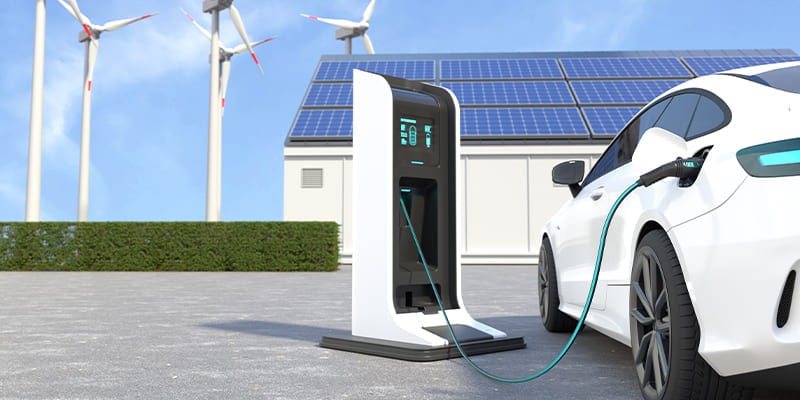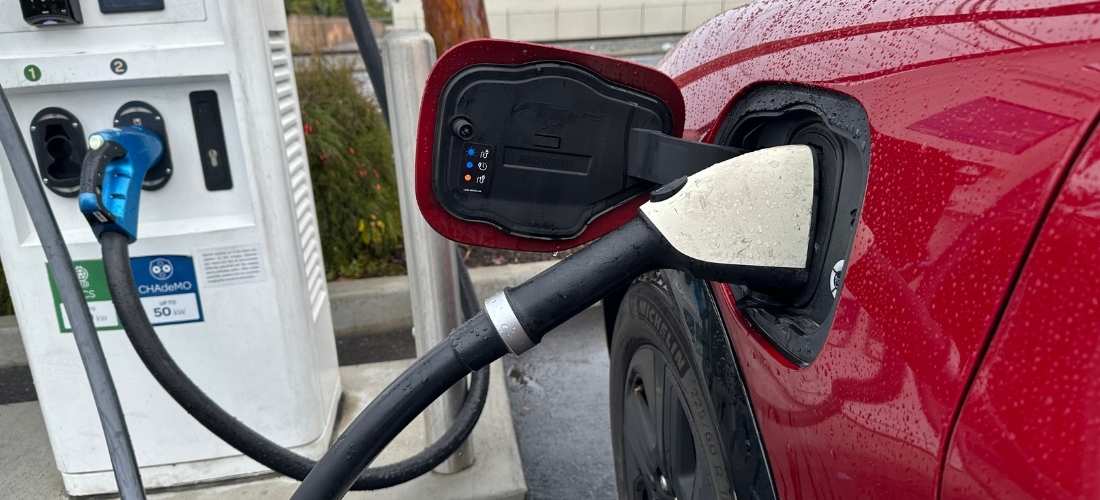In a significant move toward accelerating the adoption of electric vehicles (EVs) and reducing carbon emissions, several European countries have unveiled attractive incentives for the development of electric vehicle charging infrastructure. Finland, Spain, and France have each implemented various programs and subsidies to encourage the expansion of charging stations across their respective nations.
Finland Electrifies Transportation with 30% Subsidy for Public Charging Stations
Finland has rolled out an ambitious plan to bolster its EV charging infrastructure. As part of their incentives, the Finnish government is offering a substantial 30% subsidy for the construction of public charging stations with a capacity exceeding 11 kW. For those who go the extra mile by building fast-charging stations with capacities exceeding 22 kW, the subsidy increases to an impressive 35%. These initiatives aim to make EV charging more accessible and convenient for Finnish citizens, fostering the growth of electric mobility in the country.
Spain’s MOVES III Program Powers Up EV Charging Infrastructure
Spain is equally committed to promoting electric mobility. The nation’s MOVES III program, designed to enhance charging infrastructure, particularly in low-density areas, is a key highlight. Municipalities with populations of fewer than 5,000 inhabitants will receive an additional 10% subsidy from the central government for the installation of charging stations. This incentive extends to electric vehicles themselves, which will also be eligible for an extra 10% subsidy. Spain’s efforts are expected to contribute significantly to the development of an extensive and accessible EV charging network nationwide.
France Sparks EV Revolution with Diverse Incentives and Tax Credits
France is taking a multifaceted approach to encourage the growth of its EV charging infrastructure. The Advenir program, initially introduced in November 2020, has been officially renewed until December 2023. Under the program, individuals can receive subsidies of up to €960 for installing charging stations, while shared facilities are eligible for subsidies of up to €1,660. Additionally, a reduced VAT rate of 5.5% is applied to the installation of electric car charging stations at home. For socket installations in buildings over 2 years old, VAT is set at 10%, and for buildings less than 2 years old, it stands at 20%.
Furthermore, France has introduced a tax credit that covers 75% of the costs associated with purchasing and installing charging stations, up to a limit of €300. To qualify for this tax credit, the work must be carried out by a qualified company or its subcontractor, with detailed invoices specifying the charging station’s technical characteristics and price. In addition to these measures, the Advenir subsidy targets individuals in collective buildings, co-ownership trustees, companies, communities, and public entities to further enhance the electric vehicle charging infrastructure.
These initiatives reflect the commitment of these European nations to transition towards greener and more sustainable transportation options. By incentivizing the development of EV charging infrastructure, Finland, Spain, and France are making significant strides towards a cleaner, more environmentally friendly future.
Post time: Nov-09-2023

 Portable EV Charger
Portable EV Charger Home EV Wallbox
Home EV Wallbox DC Charger Station
DC Charger Station EV Charging Module
EV Charging Module NACS&CCS1&CCS2
NACS&CCS1&CCS2 EV Accessories
EV Accessories


